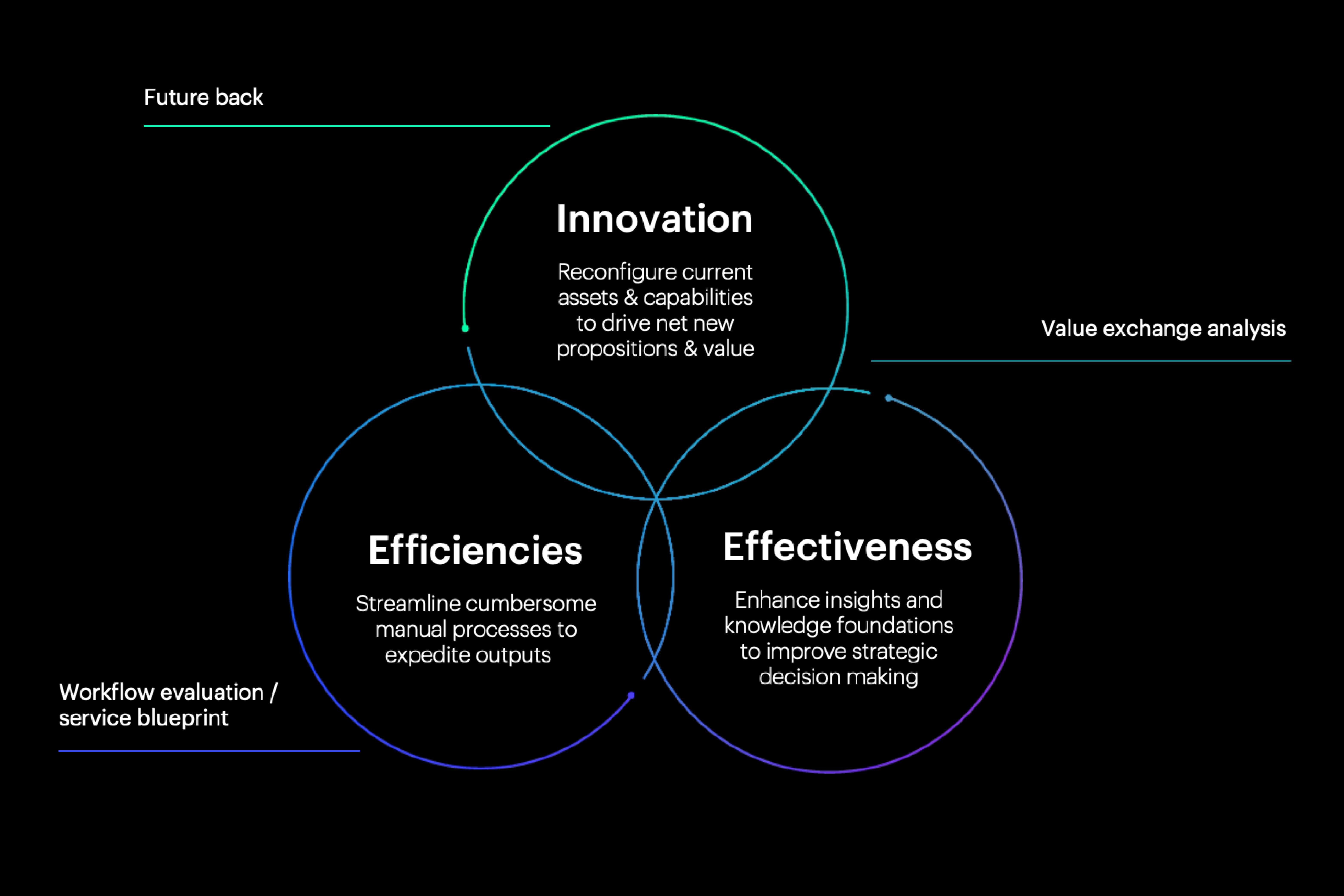Zuora CEO Warns of 'Subscription Sophistication' Gap
When Tien Tzuo coined the term “subscription economy” in 2007, he envisioned a future where consumers would prioritize access over ownership. As the CEO of subscription management platform Zuora, Tzuo has been at the forefront of this economic shift for nearly two decades.
The Key to Success in the Subscription Economy
Today, as the subscription model reaches maturity, companies are grappling with evolving consumer expectations, the specter of subscription fatigue, and the need for more sophisticated monetization strategies. The key to success in the subscription economy, according to Tzuo, is creating an “essential” relationship with the customer. “Don’t focus on the sale, focus on the ongoing relationship,” he emphasized.

This shift in mindset requires companies to think beyond traditional transactional models. Tzuo pointed to the example of a coffee subscription service that’s exploring ways to better understand customer habits. By focusing on the broader need — in this case, fresh ground coffee every morning — companies can create a more valuable and sticky relationship with their customers. This approach also opens up opportunities for expanded services and revenue streams.
Challenges and Opportunities in the Subscription Economy
While Tzuo believes that “anything could be a service,” he acknowledged that there are challenges in making certain products and industries subscription-friendly. The key is understanding the underlying need that the product or service fulfills. Even seemingly unlikely candidates for subscription, like flooring, are being reimagined.
The challenge lies in finding a large enough market to make these niche services sustainable. As Tzuo noted, “There’s a riddle of there being a big enough market to make a service sustainable.”

Regulation in the Subscription Economy
As the subscription economy matures, calls for increased regulation have grown louder. The Federal Trade Commission (FTC) has expressed interest in further regulating the space, particularly around issues of transparency and ease of cancellation. Tzuo sees potential benefits in some regulation, particularly in establishing trust and reducing friction for consumers.
The lack of industrywide standards may be partly due to the relative newness of the subscription economy. However, Tzuo believes the industry could potentially self-regulate, pointing to examples like the PCI standards in the credit card industry.
The Future of Subscription Services
As the subscription economy approaches its third decade, Tzuo remains bullish on its prospects. He dismisses concerns about “subscription fatigue,” instead seeing a market that’s becoming more sophisticated and competitive. Tzuo predicted that successful companies will focus on giving customers more choice and flexibility.

The integration of artificial intelligence (AI) is poised to play a big role in the evolution of subscription services. As the subscription economy continues to mature, the companies that can strike the right balance between choice and simplicity are likely to come out on top.
For Tzuo and the subscription economy, the journey from disruptive idea to economic mainstay is nearly complete. The next challenge will be navigating the complex landscape of consumer expectations, regulatory scrutiny, and technological innovation. As the subscription model enters its next phase, the companies that can deliver both value and flexibility are poised to thrive in this new economic paradigm.




















